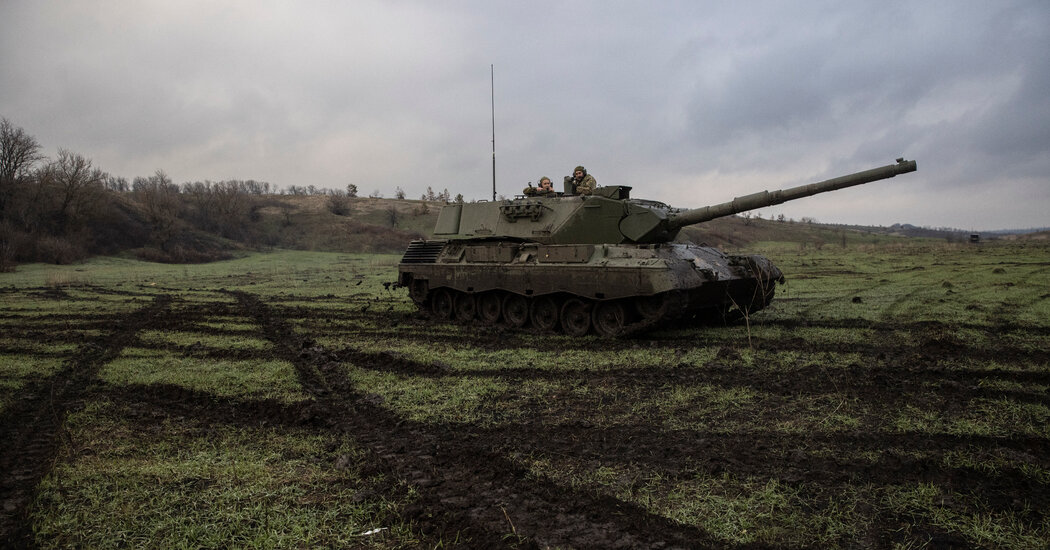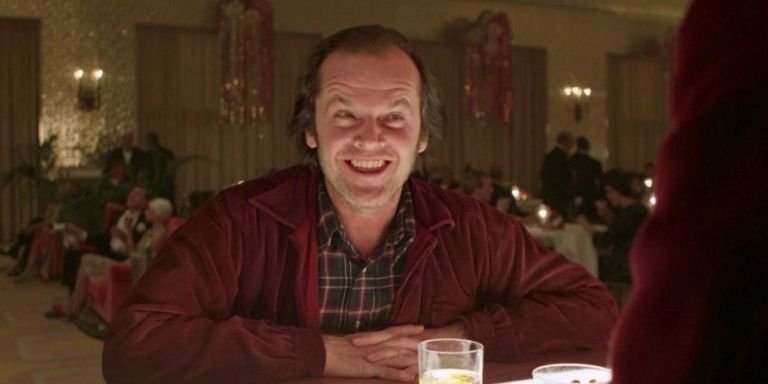Some European leaders jested they’d send Prime Minister Viktor Orban of Hungary their hotel bills for the extra nights they had to spend in Brussels to convince him to support funding for Ukraine.
Others, less jokingly, relayed to him he was facing the risk of a legal suspension from E.U. proceedings. And a few offered a friendly, sympathetic ear over late-night drinks as he complained about what he sees as a European bureaucracy stacked against him out of ideological animus.
By Thursday morning, just one hour into an emergency European Union summit meeting, this carefully coordinated, behind-the-scenes pressure had forced Mr. Orban to fold. After weeks of standing in the way as the only holdout among 27 leaders, he finally agreed to a landmark fund for Ukraine worth 50 billion euros, or $54 billion.
The breakthrough was especially significant for both Ukraine and the European Union. It will help keep Ukraine’s economy afloat for the next four years, even as U.S. aid is stuck in Congress. And it demonstrated European resolve to stand united in support of Ukraine against Russia, and its determination to bring an often obstructionist Mr. Orban to heel.
To get there, Europe’s most important leaders each assumed varied roles to push Mr. Orban into line.
Edit: Updated headline and summary to reflect article changes since originally published
This is the best summary I could come up with:
European Union leaders on Thursday reached an agreement to create a 50 billion euro fund for Ukraine, bringing on board Prime Minister Viktor Orban of Hungary, who was the primary obstacle to a deal.
#Unity All 27 leaders agreed on an additional €50 billion support package for Ukraine within the EU budget,” the president of the European Council, Charles Michel, said on social media just an hour into the meeting.
EU is taking leadership & responsibility in support for Ukraine; we know what is at stake.”
What, if anything, Mr. Orban received in exchange for giving up his veto for the fund, valued at about $54 billion, was not immediately clear.
He had been demanding an annual chance to veto the disbursement of money to Ukraine, but that was rejected.
leaders agreed to a regular review of the way the money was being spent, to assuage concerns about diversion or corruption, E.U.
The original article contains 169 words, the summary contains 152 words. Saved 10%. I’m a bot and I’m open source!
That is a relief…
Thank goodness, I hope the US Republican Party gains some IQ and morality points real freaking fast and gets back on board asap.
Thanks Europe! Slava ukraini! (I support the current thing 😁)




